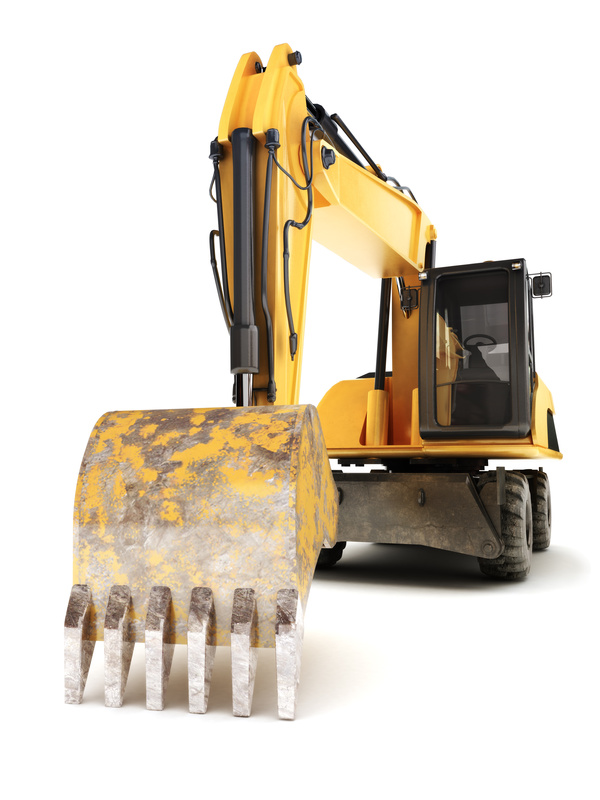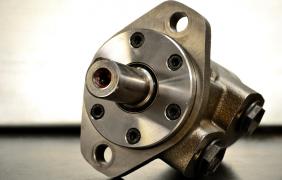3 of the Most Common Reasons Heavy Equipment Sometimes Fails

It's not uncommon for heavy equipment and cutting edges to break. When it happens, there's usually nothing you can do about but to replace the broken heavy equipment parts, and avoid the issue that broke them in the first place.
That being said, you must first know why they originally broke. Here are just a few of the most common reasons why heavy equipment sometimes breaks.
Contamination Issues
Research shows that 75% -- three in four -- fluid power failures are the result of contamination issues. Over the course of the machine's life, water and particulate can get into the hydraulic system, which degrade the fluid's careful chemical composition. Water can decrease the fluid's viscosity, load-carrying ability, and hydrodynamic-film thickness, which consequently can result in increased component wear. What's more, free water can freeze, which will degrade the system's performance and produce malfunctions. Fortunately, hydraulic filters can prevent contamination.
User Error
Another of the most common reason heavy equipment sometimes fail is because of user error. In fact, it's the reason for 35% -- more than one in three -- equipment failures. This can be a pretty serious issue, because user error isn't covered under warranties, typically. Luckily, there's a simple way to prevent user error: training. If you make sure each and every one knows what they're doing when they're operating machinery, the chance of user error will be minimized.
Old Age
Heavy equipment doesn't last forever. That's just a matter of fact. Most pieces of construction equipment only have life expectancies of about 15 years. If your machine failed and it's older than 10 years of age, it might be because it's getting too old to work properly.
These are just a few of the most common reasons heavy machinery sometimes fails. If you have any questions or would like to know more about how to mitigate these issues, feel free to share in the comments.


